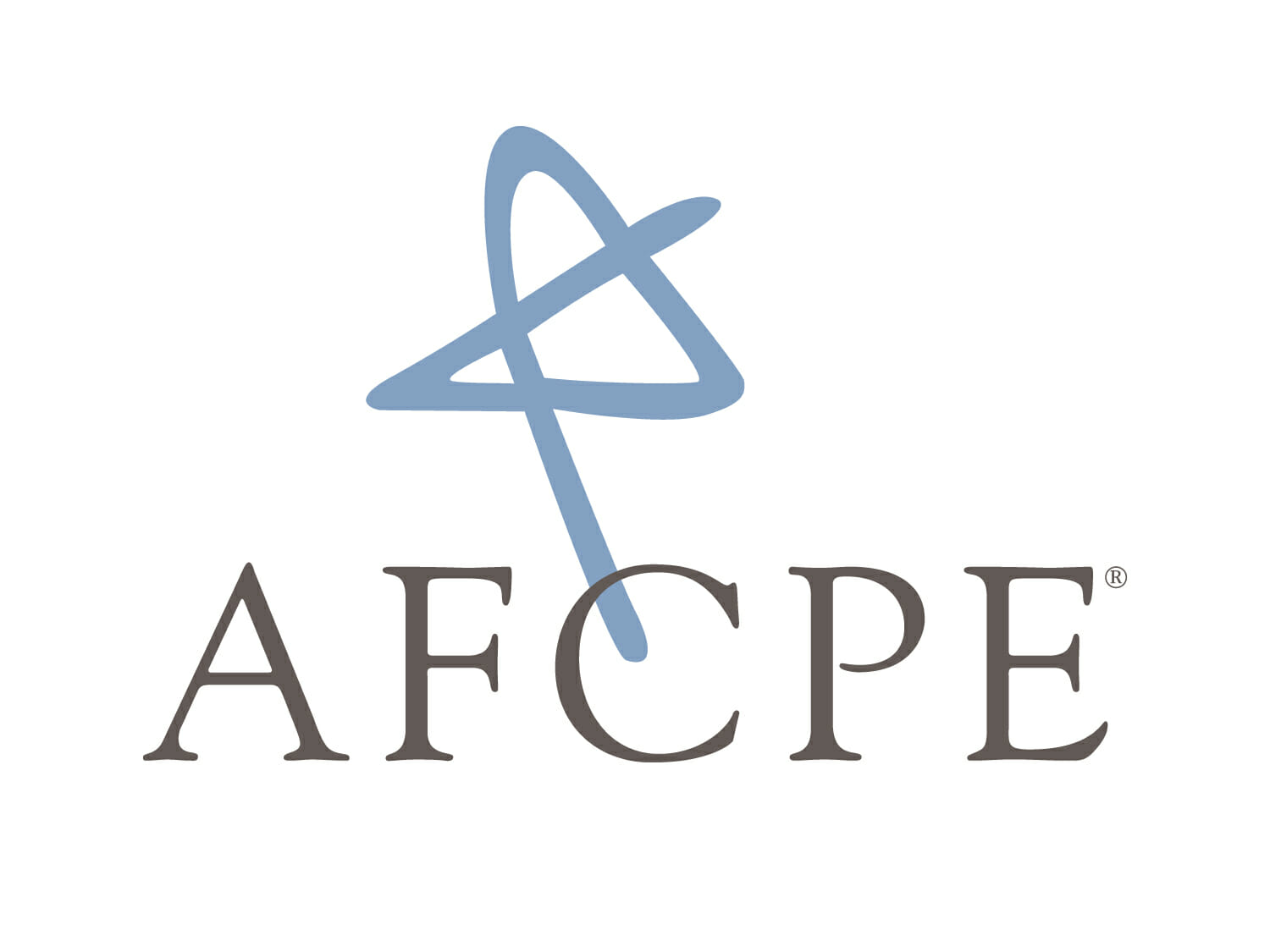The economy is fluctuating on a daily basis and it goes without saying that it makes managing your finances during retirement challenging. Financial planning and smart money use is essential to retire in comfort and fully enjoy the freedom that you have earned. In order to achieve this goal, it all starts before retirement:
Foundation planning is essential
The success of any action or plan is often founded in the planning that goes into it; so much so that many idioms have been created around it: “Look before you leap” and “Failing to plan is planning to fail”. To this goal, using a retirement calculator to ensure you’re saving enough for your savings to last, to afford healthcare, and maintain a high quality of life. One of the stumbling blocks many people don’t plan for are taxes; many forms of retirement cash flow do not have taxes automatically deducted unlike a working income. Without proper foresight this can create unwanted surprises come tax season. Once you have determined your cash flow income, budgets, emergency funds and saving goals should be developed to provide a framework upon the foundation that planning for retirement has created.
Budget in Cash
David Ramsey advocates for a monthly envelope cash budget; this is a form of accountability, restraint, and awareness of how money is being spent on a day to day basis. Envelopes are created for different costs such as food, entertainment, or travel and spending in that area ceases once the cash is gone. Actual money can be substituted with monopoly money if a credit or debit card is used to continue receiving points, miles or other benefits from using plastic. There are two advantages to this method: long term plans are easily created from a standard monthly budget and it is very tactile and accountable. However, not all things are best planned for in cash.
Emergency fund and Short-term savings goals
Even though the learning curve for technology intensive tools is a little bit steeper for people looking to retire right now (baby boomers), Mint.com is a great free tool for managing goals, budgets and providing a birds-eye view of personal finances. With Mint, or a similar tool, it is easy to create and track different saving goals. Two main goals that should be created in any retirement plan are an emergency fund and short-term savings goals.
Emergency funds are fairly straight forward; they need to be liquid and accessible at any place or time. A rule of thumb for the amount to save is about 6 months’ worth of funds at your current standard of living. An important thing to consider is your individual needs; some people may need more savings because they have higher risk health conditions or participate in higher risk situations. Short-term savings goals are much more flexible and unique to the individual. These can either be saved for in a traditional account or low-risk vehicles such as FDIC-insured CDs that mature in time for your vacation or other short-term deadline. Saving in such a manner maximizes the return of your funds and ensures it isn’t used for anything else by accident or temptation.
Be patient about collecting your social security benefits
Lives are often measured by birthdays – 18 you can vote, 21 drinking becomes legal, 25 lowers car insurance, and nothing beyond that until 55 for senior discounts. Fortunately, there is one more landmark before the Century Club: at 62 your ability to collect social security begins. But wait, the benefits claimed from social security can be increased if they are delayed even a single year. Steven A. Sass, program director of the Financial Security Project, talks about the advantages of postponing your collection of social security. He asserts that you can receive an additional 6% or more from your social security claims by waiting a year or more. In addition, the money will be worth more since it increases to match inflation.
The end goal is to make your money work for you so you don’t have to work during retirement. This period of life should be filled with joy, new experiences, and rewards for overcoming the trials and tribulations from a lifetime of hard work. A comfortable financial establishment can be built, but requires careful planning, a framework of budgets and goals, and finally, furnished with cash flow from savings and benefits earned.
—-
– Louis Mack is a retirement planning expert from NewRetirement who is only about 4 years away from his own retirement. He plans on spending it puttering around his organic garden and yelling at teenagers to get off his lawn.”

Leave a Reply